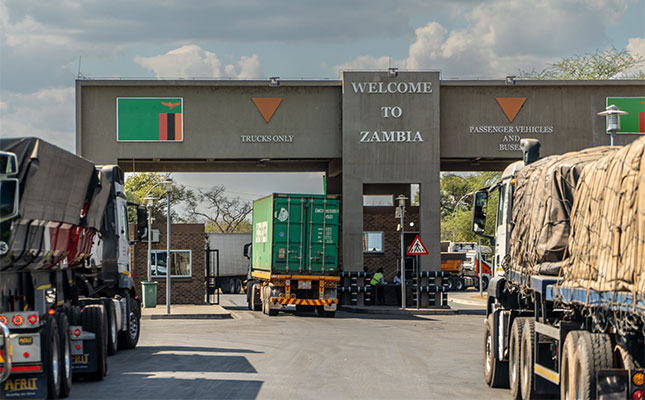
La Niña conditions are expected to strengthen in November and December, bringing an earlier start to the summer rainfall season than in 2024 and above-normal rainfall across most of the summer rainfall region, according to agricultural meteorologist Johan van den Berg.
Speaking at the recent Raisins SA Symposium in Kakamas, Northern Cape, Van den Berg said the wetter outlook was good news for maize farmers but bad news for raisin producers along the Orange River.
“Dams are already full, and soils in many parts of the Free State are saturated, increasing the likelihood of flooding there and downstream,” he explained.
He said he expects La Niña conditions to weaken towards January, possibly giving way to El Niño conditions.
“If that happens, it could signal the start of drier conditions, which would be positive for the grape-picking season.”
After a wet cycle over the past five to six years, South Africa could enter a drier period from next year, Van den Berg added.
He explained that the current weather pattern formed part of longer-term climate cycles driven by ocean heat storage.
“The earth is getting warmer, and oceans are storing three to four times more heat than before. Warmer oceans create more intense tropical systems, as we saw with Cyclone Freddy two years ago, which lasted almost 40 days.”
Van den Berg added that as rainfall becomes more intense, so too do heatwaves and dry spells. “We are seeing less rain during winter and spring in catchment areas and more concentrated downpours during midsummer, causing increased run-off and flood risks.”
He said rainfall in South Africa had risen from an annual average of about 430mm to 620mm in some areas, mainly due to higher atmospheric moisture levels. However, the distribution had become more erratic: “It’s no longer unusual to get 120mm or even 150mm in a single day.”
Van den Berg warned that heavier rainfall and flooding could aggravate water quality issues.
“Traceability will become more important, but farmers can only manage what happens on their farms. The real pressure should be on municipalities to improve wastewater management,” he added.
Get trusted farming news from Farmers Weekly in Google Top Stories.
➕ Add Farmers Weekly to Google ✔ Takes 10 seconds · ✔ Remove anytime






